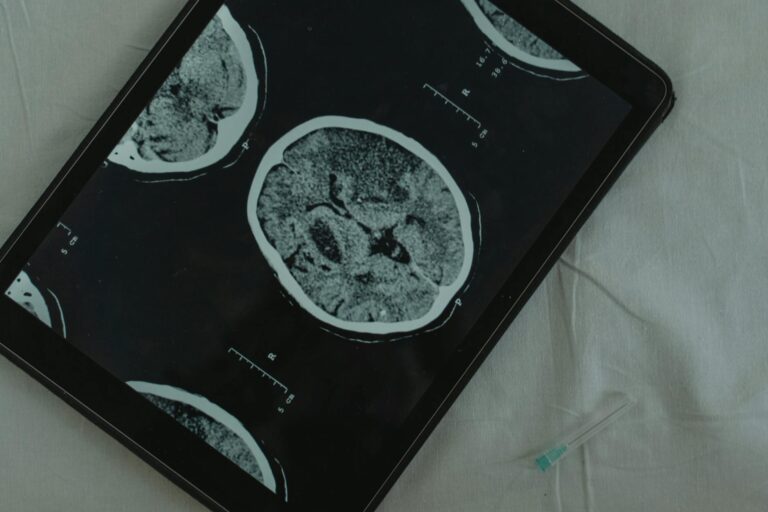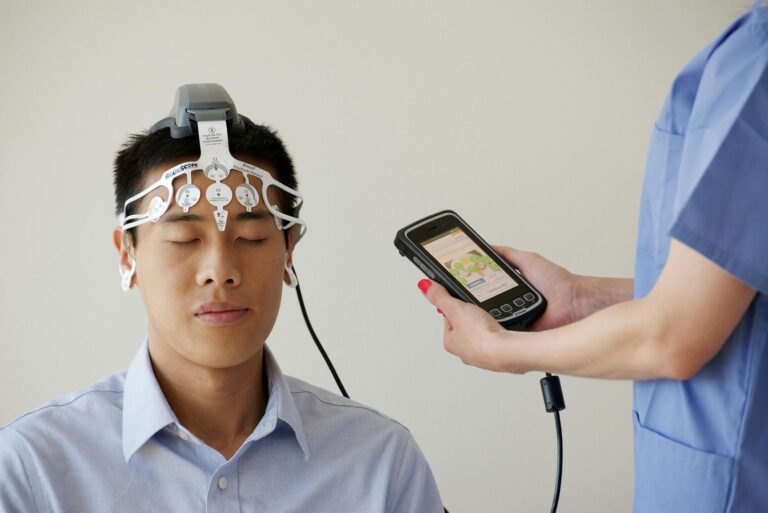In today’s digital age, data breaches have become a common occurrence. From large corporations to small businesses, no one is immune to the threat of a cyberattack. But what many people fail to realize is that even our personal health information is not safe from these attacks. And when it comes to diseases like Alzheimer’s, the consequences of a data breach can be devastating.
Alzheimer’s disease is a progressive brain disorder that affects millions of people worldwide. It is characterized by memory loss, cognitive decline, and behavioral changes. And while there is currently no cure for Alzheimer’s, early detection and treatment can significantly improve the quality of life for those living with the disease. However, with the rise of data breaches in the healthcare industry, the early signs and symptoms of Alzheimer’s may now be at risk.
The Impact of Data Breaches on Alzheimer’s Disease
The healthcare industry has become a prime target for cybercriminals due to the vast amount of sensitive information it holds. This includes personal health records, medical history, and financial information. And when it comes to Alzheimer’s patients, their medical records contain not just their own personal information but also that of their caregivers and family members.
A data breach in the healthcare sector can have severe consequences for Alzheimer’s patients. It can lead to identity theft, fraudulent insurance claims, and even compromise their medical treatment. In the case of Alzheimer’s patients, this can be particularly harmful as their memory and cognitive abilities are already in decline.
Early Signs and Symptoms of Alzheimer’s Disease
While there is no foolproof way to prevent a data breach, being aware of the early signs and symptoms of Alzheimer’s disease can help you take necessary precautions to protect your personal health information.
One of the earliest signs of Alzheimer’s is memory loss. This may start as simple forgetfulness, such as misplacing items or forgetting appointments. As the disease progresses, individuals may also have trouble remembering recent events or people’s names. They may also ask for the same information repeatedly.
Another symptom to watch out for is difficulty with problem-solving and planning. This can manifest as trouble paying bills, managing finances, or completing familiar tasks. Individuals may also struggle with following a recipe or maintaining a daily routine.
Changes in mood and behavior are also common in the early stages of Alzheimer’s. Patients may become irritable, anxious, or depressed. They may also become easily agitated or exhibit aggressive behavior.
Other signs to look out for include confusion, difficulty with language, and withdrawing from social activities. If you notice any of these symptoms in yourself or a loved one, it is important to seek medical attention immediately.
Protecting Against Data Breaches
To protect against data breaches, it is crucial to be proactive and take necessary measures to safeguard your personal health information. This includes being cautious of who you share your information with and ensuring that your medical providers have secure systems in place to protect your data.
It is also essential to regularly monitor your credit reports and bank statements for any unauthorized activity. You should also be wary of suspicious emails or phone calls asking for personal information. When in doubt, it is best to verify the source before sharing any sensitive data.
In case of a data breach, it is important to act quickly. Contact your healthcare provider and financial institutions to inform them of the breach. Change all passwords and closely monitor your accounts for any fraudulent activity.
Conclusion
Alzheimer’s disease is a devastating condition that affects not just the patient but also their loved ones. And with the added threat of data breaches, protecting personal health information has become more critical than ever. By staying vigilant and being aware of the early signs and symptoms of Alzheimer’s, we can take necessary precautions to safeguard our sensitive information and ensure the best possible care for ourselves and our loved ones.





